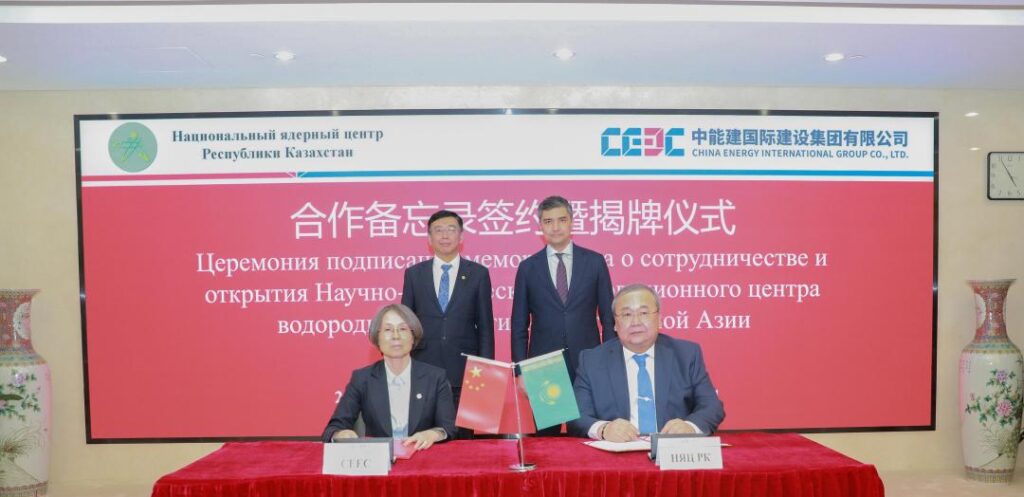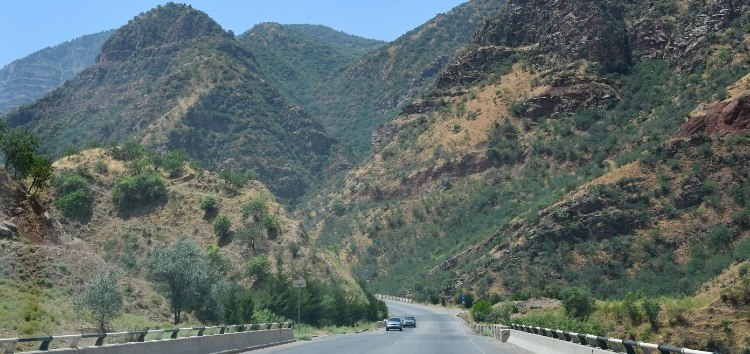Kazakhstan Aims to Nearly Triple Investment in the Economy by 2029
Kazakhstan plans to significantly increase investment in its economy over the next five years, aiming to nearly triple current levels. However, officials from the Ministry of National Economy acknowledge that the primary challenge lies not in securing additional funds but in the shortage of high-quality investment projects. Shortage of Viable Projects At a recent meeting of the Expert Council under the Ministry of National Economy, Deputy Minister Arman Kasenov stated that the ratio of domestic investment to GDP currently stands at a modest 14-15%, a figure he described as objectively low. “To achieve higher rates of economic growth, investments need to increase 2.75 times, from $40 billion in 2024 to $103 billion by 2029,” Kasenov stated. To help reach this target, the government plans to allocate KZT 1 trillion (approximately $2 billion) through the state holding company Baiterek to stimulate business lending. This amount is expected to catalyze additional credit lines totaling KZT 8 trillion (around $15.9 billion). Still, Kasenov stressed that financing alone is not enough. “The real issue is the lack of quality projects,” Kasenov said. “This problem has been flagged by international development finance institutions. When we talk about increasing investment from $40 billion to $103 billion, it’s not just about capital, it's about where and how that capital is deployed.” Targeting High-Return Sectors To ensure impactful investment, the Kazakh government is prioritizing support for highly productive and export-oriented projects. These are concentrated in key sectors such as metallurgy, oil and gas, petrochemicals, and agriculture. Rustam Karagoyshin, the head of Baiterek Holding, outlined the financing model for investment projects, which consists of 60% market funding and 40% state-backed lending. In 2025, Baiterek plans to disburse a total of KZT 8 trillion in project financing, with KZT 3.75 trillion (around $7.4 billion) provided in the national currency. “Our main objective is to unify lending rates at 12.6% for end consumers. Standardizing rates will enable second-tier banks to participate across nearly all sectors where Baiterek operates today,” Karagoyshin said. Foreign Investment Outlook As The Times of Central Asia previously reported, Kazakhstan is looking to attract more foreign direct investment following a notable decline in 2023. Amid growing concerns about resource nationalism, the government is eager to position itself as a stable and attractive destination for international capital.






